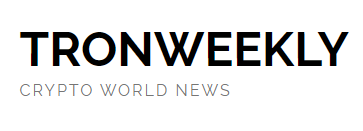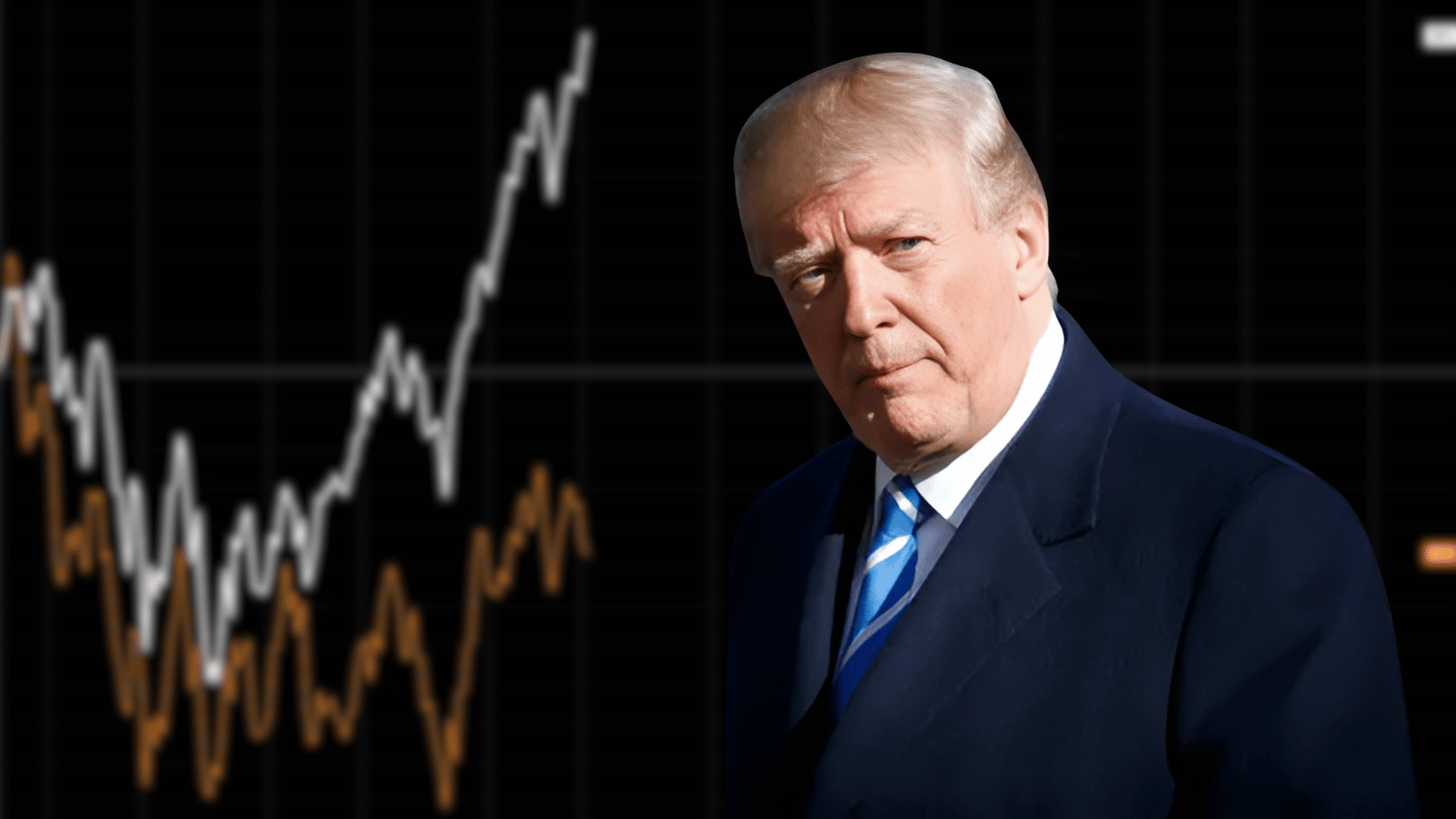You are here: Home / News / Altcoin News / Crypto Gate Opens? South Korea Signals Global Access Shift

April 4, 2025 by Mutuma Maxwell
- South Korea plans to open its crypto market to foreign investors under strict anti-money laundering conditions.
- The Financial Services Commission is considering regulatory changes to support international participation in local exchanges.
- Current restrictions, including KYC requirements and capital controls, may be eased for exchanges that meet AML standards.
South Korea has developed strict anti-money laundering regulations to allow foreign investors participate in its crypto market. Government financial bodies plan to change existing guidelines so international traders can access a safer and accessible system. The country moves forward to allow foreign market participation because it seeks international expansion of its crypto ecosystem while maintaining regulatory standards.
The Financial Services Commission (FSC) is now preparing amendments to lift current restrictions that penalize foreign investors in the market. The National Assembly seminar focused on how to synchronize AML requirements with foreign business participation. The government has strict requirements for overseas entry that prevent foreign investment in cryptocurrency exchanges.
The regulatory requirements enforce comprehensive know-your-customer (KYC) checks, restricting international trading at South Korean platforms. Most international investors encounter obstacles when they attempt to trade crypto through South Korean platforms. The forward implementation of regulatory standards indicates that restrictions aimed at compliant exchanges might be eliminated shortly.
South Korea Considers New Crypto AML Standards
South Korea‘s financial regulators are evaluating new anti-money laundering (AML) compliance standards that trading platforms must follow. The Financial Intelligence Unit (FIU) conducted its inspection protocol review and strengthening session on March 5th, 2025. MLC compliance criteria have been established by regulators as the only standard that enables exchanges to register international platform users.
The government restricts capital account operations, which stops foreign funds from freely entering the crypto market. The authorities are conducting assessments to determine potential ways to lift the restrictions on crypto portfolio investments for trading operations. AML guidelines followed by exchanges will grant permission to allow wider foreign user participation.
The FSC has designed monitoring systems that follow international standards to track closely all international money movement flows. The plans will serve dual purposes by combating unauthorized transfers and stopping market manipulation. The regulatory framework emphasizes developing protection methods that maintain market growth security for investors.
Altcoins Like Solana and Chainlink Could Benefit from New Access
Market openness in South Korea creates new opportunities for increased demand for alternative coins, Solana (SOL) and Chainlink (LINK). These tokens will receive increased liquidation potential in Asia’s developing trading environment because of the opening up of Korean exchanges to foreign traders. Local platforms and assets will experience enhanced benefits from this market shift.
The outcome of regulatory clearances could lead major Korean trading exchanges to establish international trading pairs between LINK and SOL. The initiative would expand its international customer base and position South Korea as an essential regional hub for crypto trading. Altcoins benefit from extensive cross-border usage because they attract interest from institutional traders at financial institutions.
Mature exchanges ready for compliance duties tend to welcome new token listings that contain products for international investors and rising altcoin portfolios. South Korea can improve its reputation as a compliant cryptocurrency gateway by providing easier access to SOL and LINK tokens for international institutions. The adopted policy direction demonstrates simultaneous strategic growth objectives, and it maintains strict enforcement procedures.
South Korea Enforces New Crypto Compliance Measures
South Korean government authorities have intensified their monitoring of unregistered crypto exchanges that break national laws. The government demanded Google restrict access to 17 unregistered platforms that did not follow South Korean standards. This regulatory action included some of the global exchanges that operated without AML compliance in South Korea.
The official request triggered Google to ban users from accessing those sites throughout South Korea. The market security measures underline South Korea’s dedication to enforcing proper market compliance. The regulatory bodies maintain their enforcement of non-compliant actors through continuous actions while promoting security-focused industry expansion.
South Korea pursues these decisions as part of its national crypto crime reduction and fund protection strategy. The region will enforce new registration protocols for business operations and support authentic exchanges. The policies bring together innovation support with financial integrity protection for the nation.

 17 hours ago
17
17 hours ago
17









 English (US) ·
English (US) ·